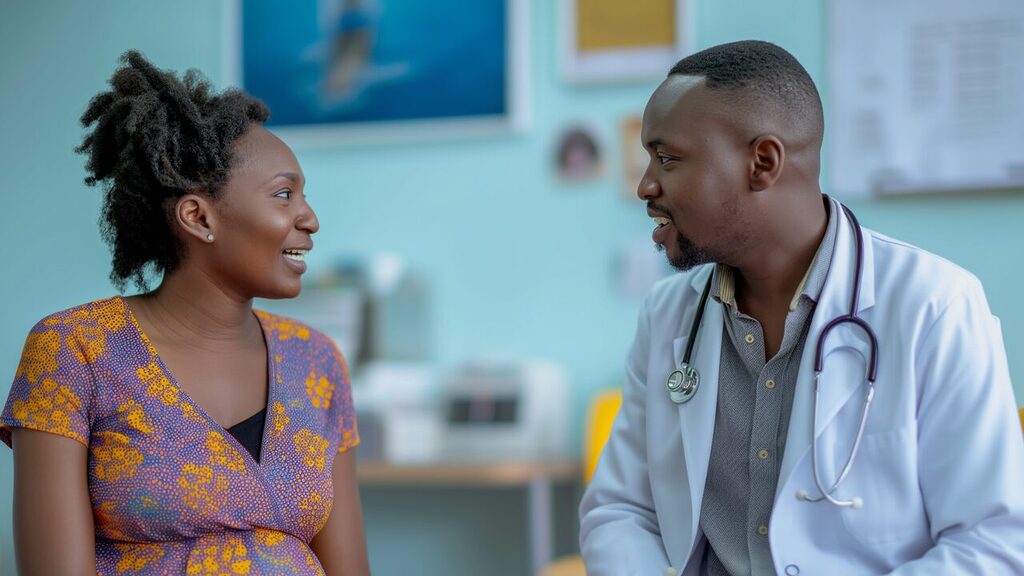The journey to recovery from substance use disorders is never identical for any two individuals, but research consistently shows that women and men often travel distinctly different paths both into addiction and toward healing. Understanding these differences has led to the development of specialized treatment approaches that address the unique physiological, psychological, and social factors that influence women’s experiences with substance use and recovery.
Gender Differences in Substance Use Patterns
Women typically develop substance use disorders through pathways that differ from men in several important ways. While men often begin substance use in social settings or due to risk-taking behaviors, women are more likely to initiate substance use in the context of intimate relationships or as a means of coping with emotional pain, trauma, or mental health symptoms.
Women also tend to progress from initial use to problematic use more rapidly than men—a phenomenon known as “telescoping.” This accelerated progression means that women often develop severe health consequences in a shorter timeframe despite consuming smaller amounts of substances, creating unique treatment needs.
Physiologically, women metabolize alcohol and many drugs differently than men due to differences in body composition, hormonal influences, and enzyme activity. These biological differences mean that substances often have more pronounced effects on women’s bodies, creating different patterns of physical dependence and health complications.
Common Barriers to Treatment for Women
Women seeking recovery face unique barriers that can delay or prevent them from accessing the care they need. These include:
Caregiving responsibilities: Women are more likely to be primary caregivers for children or elderly family members, making it difficult to enter residential treatment without comprehensive family support.
Financial constraints: Women typically earn less than men and may have less access to insurance coverage or financial resources to pay for treatment.
Relationship dynamics: Partners who also use substances may actively discourage treatment seeking, using manipulation, intimidation, or threats to maintain the status quo.
Stigma and shame: Women often face harsher social judgment for substance use problems, particularly mothers, leading to intense shame that inhibits treatment seeking.
Fear of legal consequences: Concerns about child protective services involvement or loss of custody can prevent mothers from seeking the help they need.
Trauma histories: The high prevalence of trauma among women with substance use disorders can make the vulnerability required for treatment feel unsafe without specialized trauma-informed approaches.

Components of Effective Women’s Treatment Programs
Recognizing these unique considerations, effective treatment programs for women incorporate several key elements:
Trauma-informed care: Since 55-99% of women in treatment report histories of trauma, effective programs create physically and emotionally safe environments while providing specialized trauma treatment approaches.
Integrated mental health services: Women experience higher rates of co-occurring disorders, particularly depression, anxiety, PTSD, and eating disorders, necessitating integrated treatment that addresses both substance use and mental health simultaneously.
Relationship-focused therapy: Treatment approaches that address relationship patterns, codependency issues, and healthy connection skills help women build supportive relationships that sustain recovery.
Family-centered approaches: Programs that incorporate family therapy, parenting skills, and family education help heal the family system while addressing common concerns about children and family relationships.
Reproductive health services: Comprehensive care addresses the intersection of substance use with reproductive health, pregnancy, and parenting, providing education and support around these critical issues.
Body image and self-esteem work: Many women struggle with body image concerns and low self-esteem, issues that often intertwine with substance use and require specific therapeutic attention.
Gender-specific group therapy: Women-only groups create safe spaces for discussing sensitive issues like trauma, relationships, sexuality, and parenting without fear of judgment.
The Power of Women-Focused Peer Support
One of the most transformative elements of gender-specific treatment is the power of connection with other women in recovery. In women-only settings, participants often report feeling truly understood, sometimes for the first time, by others who have faced similar challenges.
These connections foster authentic communication, vulnerability, and mutual support that counteract the isolation often experienced in addiction. The relationships formed in treatment frequently continue into long-term recovery, creating networks of support that enhance recovery outcomes.
Peer support also provides powerful role modeling, as women further along in recovery demonstrate that healing is possible and offer practical strategies for navigating common challenges. This hope-inspiring element can be particularly powerful for women who have experienced repeated treatment failures or feel hopeless about their prospects for recovery.
Texas Recovery Centers’ Women’s Program
At Texas Recovery Centers, our women’s program creates a supportive, nurturing environment where women can heal from addiction while addressing the underlying issues that contributed to substance use. Our approach includes:
A safe, supportive setting: Our facility provides a physically and emotionally safe space where women can focus on their recovery without the distractions or complications that can arise in co-ed environments.
Specialized therapeutic approaches: Our clinicians are trained in evidence-based therapies specifically effective for women, including trauma treatments, relationship-focused therapies, and approaches that address common co-occurring disorders.
Comprehensive care coordination: We assist with practical concerns like childcare arrangements, legal issues, and coordination with child welfare agencies when necessary, removing common barriers to treatment engagement.
Focus on whole-person healing: Our program addresses physical health, nutrition, emotional regulation, spiritual wellbeing, and life skills development alongside addiction treatment, recognizing that lasting recovery requires attention to all aspects of a woman’s life.
Aftercare planning with gender-specific components: We develop thorough aftercare plans that connect women with gender-specific recovery resources in their communities, supporting the transition back to daily life.
Our experienced, compassionate team understands the unique challenges women face in recovery and creates individualized treatment plans that address each woman’s specific needs, strengths, and goals. By combining clinical expertise with genuine compassion, we help women build the foundation for lasting recovery and wholeness.
The Path Forward: Gender-Responsive Treatment as Standard of Care
The development of gender-responsive addiction treatment represents an important evolution in the field, moving beyond one-size-fits-all approaches to care that acknowledges and addresses the real differences in how women and men experience addiction and recovery.
Research consistently shows that women who receive gender-responsive treatment have better outcomes than those in traditional mixed-gender programs, including higher treatment completion rates, better post-treatment substance use outcomes, improved psychological functioning, and stronger recovery maintenance.
By addressing the complex interplay of physiological, psychological, and sociocultural factors that influence women’s substance use and recovery, gender-responsive programs provide more comprehensive healing opportunities and more sustainable recovery outcomes.
If you or a woman you care about is struggling with substance use, understanding these gender-specific considerations can help in finding the most effective path to recovery. Contact Texas Recovery Centers today at 888-354-2194 to learn about our women’s program and how our gender-responsive approach can support your journey to lasting wellness and recovery.













